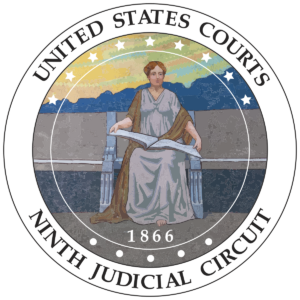 A California federal judge recently dismissed a False Claims Act (“FCA”) lawsuit against pharmaceutical giant Allergan Inc., because the claims identified by the whistleblower were prohibited under the FCA’s Public Disclosure Bar.
A California federal judge recently dismissed a False Claims Act (“FCA”) lawsuit against pharmaceutical giant Allergan Inc., because the claims identified by the whistleblower were prohibited under the FCA’s Public Disclosure Bar.
The case was brought by whistleblower and patent attorney Zachary Silbersher in May 2018. The whistleblower alleged that Allergan fraudulently obtained patents on two Alzheimer’s drugs, stifled generic competitors, and overbilled Medicare. Silbersher argued that Allergan intentionally submitted misleading medical study results to the U.S. Patent and Trademark Office to acquire patents for dementia drugs Namenda XT and Namzaric. Furthermore, he alleged that Allergan used these fraudulent patents to submit thousands of false claims to Medicare and Medicaid programs requesting payment for these medications.
The FCA’s Public Disclosure Bar strictly prohibits whistleblowers from basing their allegations of fraud on publicly available information. Still, it does provide an exception if the whistleblower qualifies as the “original source” of this information.
Allergan initially sought to dismiss the suit in June 2019 under the Public Disclosure Bar. However, U.S. Magistrate Judge Joseph C. Spero rejected the dismissal and ruled that Allergan failed to demonstrate that Silbersher’s claims were prohibited.
Allergan appealed the ruling to the Ninth Circuit Court of Appeals in January 2021. In August of 2022, a Ninth Circuit Panel ruled that Silbersher’s claims did indeed trigger the Public Disclosure Bar due to his use of information from previous litigation and public patent information.
On remand from the Ninth Circuit, Allergan again requested that the case be dismissed. On Monday, March 13, 2023, the case was dismissed by Judge Spero, who deemed that Silbersher’s application of his “specialized expertise” to publicly available information does not qualify him as having “independent knowledge,” thus barring his claims.
This ruling is an important reminder of the power of the FCA’s Public Disclosure Bar and its ability to strike down what would otherwise be considered strong whistleblower cases. Additionally, it serves as a warning to future whistleblowers and their counsel to carefully consider what information they present in support of their claims.


